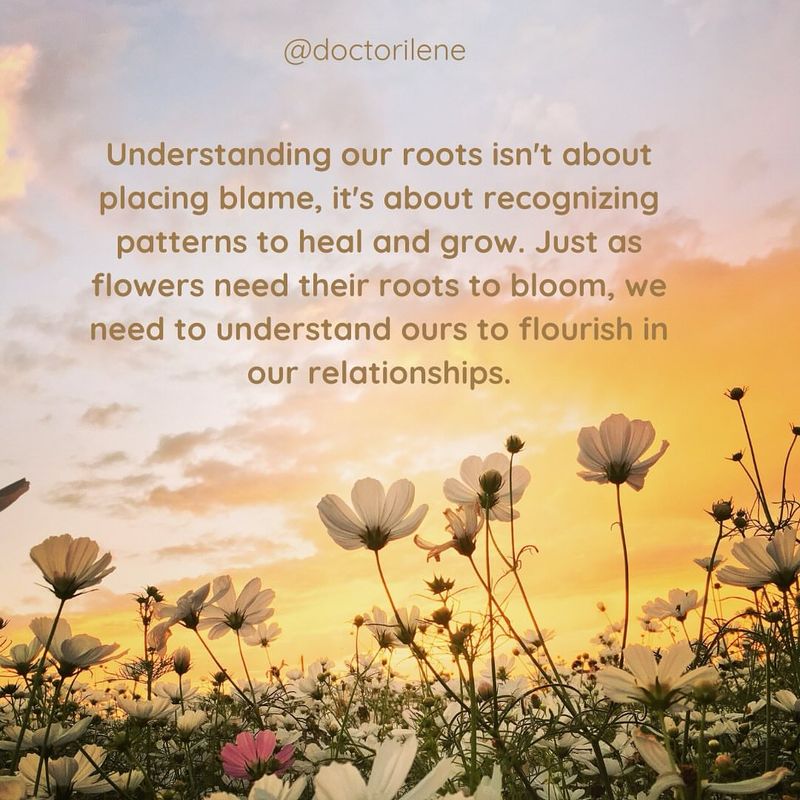Experiencing emotional pain is an inevitable part of life. Emotionally mature individuals, however, handle such situations with grace and intelligence. Here are 11 things they do when they’re hurt, showcasing their resilience and strength.
1. Acknowledge Their Feelings

When faced with emotional pain, emotionally mature individuals first acknowledge their feelings. By allowing themselves to fully experience their emotions, they create a foundation for genuine healing. This acknowledgment prevents the suppression of feelings that could later manifest as stress or anxiety.
Unlike those who might ignore their emotions, they embrace them with acceptance. This process often involves taking a moment of silence, reflecting in a peaceful environment, and letting the emotions wash over them without judgment.
2. Express Emotions Constructively

Expressing emotions constructively is a hallmark of emotional maturity. Rather than lashing out, they might write in a journal or talk to a trusted friend. This healthy expression helps in processing pain without causing harm to others.
By choosing constructive outlets, they maintain control over their emotional state. Journaling, for instance, is not just cathartic but also provides clarity. This approach encourages a deeper understanding of oneself and cultivates emotional resilience.
3. Seek Understanding, Not Blame

When conflicts arise, emotionally mature people seek to understand the situation instead of pointing fingers. By focusing on the root cause, they foster open communication and mitigate further misunderstandings.
This approach involves asking reflective questions and engaging in active listening. Rather than harboring resentment, they aim for a resolution that benefits everyone involved. Such a mindset promotes harmony and mutual respect in relationships.
4. Practice Self-Compassion

Self-compassion is a vital practice for emotionally mature individuals. They treat themselves with the same kindness and understanding they would offer a friend. This includes forgiving themselves for mistakes and recognizing their own worth.
Meditation and affirmations are common practices to nurture self-compassion. By prioritizing their well-being, they build a supportive inner environment, reducing the impact of emotional pain. This nurturing process fosters personal growth and emotional stability.
5. Set Healthy Boundaries

Setting healthy boundaries is essential for emotional maturity. These individuals know their limits and communicate them clearly to others. By doing so, they protect their emotional space and maintain balanced relationships.
Boundaries help in preventing emotional burnout and ensure that relationships remain respectful and supportive. This proactive approach not only safeguards their well-being but also encourages others to respect their needs and values.
6. Learn from the Experience

Emotionally mature individuals view painful experiences as opportunities for growth. They analyze the situation objectively, extracting valuable lessons that contribute to personal development.
This reflective process involves looking at what went wrong, understanding the dynamics, and identifying areas for improvement. By learning from the past, they empower themselves to navigate future challenges with wisdom and resilience.
7. Maintain a Balanced Perspective

Keeping a balanced perspective helps emotionally mature people stay grounded during tough times. They understand that emotional pain is temporary and part of a larger journey.
By focusing on the bigger picture, they prevent themselves from getting overwhelmed by present discomfort. This perspective allows them to appreciate the transient nature of emotions and the importance of long-term well-being.
8. Communicate Openly

Open communication is a cornerstone of emotional maturity. By expressing their feelings honestly and listening to others, they nurture trust and understanding in relationships.
This practice involves being transparent about their needs and concerns while also being receptive to others’ viewpoints. Open dialogue facilitates stronger connections and helps in resolving disagreements amicably.
9. Embrace Vulnerability

Emotionally mature people understand the strength in vulnerability. By sharing their feelings openly, they break down walls and foster deeper connections with others.
Embracing vulnerability is not about exposing oneself indiscriminately but about choosing the right moments and people to share with. This courageous act builds trust and encourages others to reciprocate with honesty.
10. Focus on Solutions, Not Problems

Solution-focused thinking is a trait of emotionally mature individuals. When faced with challenges, they channel their energy into finding effective solutions rather than dwelling on the problems.
This proactive mindset involves creative thinking and collaboration with others. By emphasizing solutions, they encourage positive outcomes and inspire those around them to adopt a similar approach.
11. Prioritize Self-Care

Self-care is a priority for emotionally mature individuals. They understand the importance of nurturing their mental and physical well-being, especially when hurt.
Engaging in activities like taking a soothing bath, going for a walk, or practicing mindfulness helps them recharge. By prioritizing self-care, they restore balance in their lives and enhance their ability to cope with emotional challenges.

Mother of three and a primary school teacher. I’ve always loved being around children and helping them, so I chose my path as a teacher. It is sometimes hectic with three children, but I am 100 percent into it and wouldn’t change it for anything in the world.

